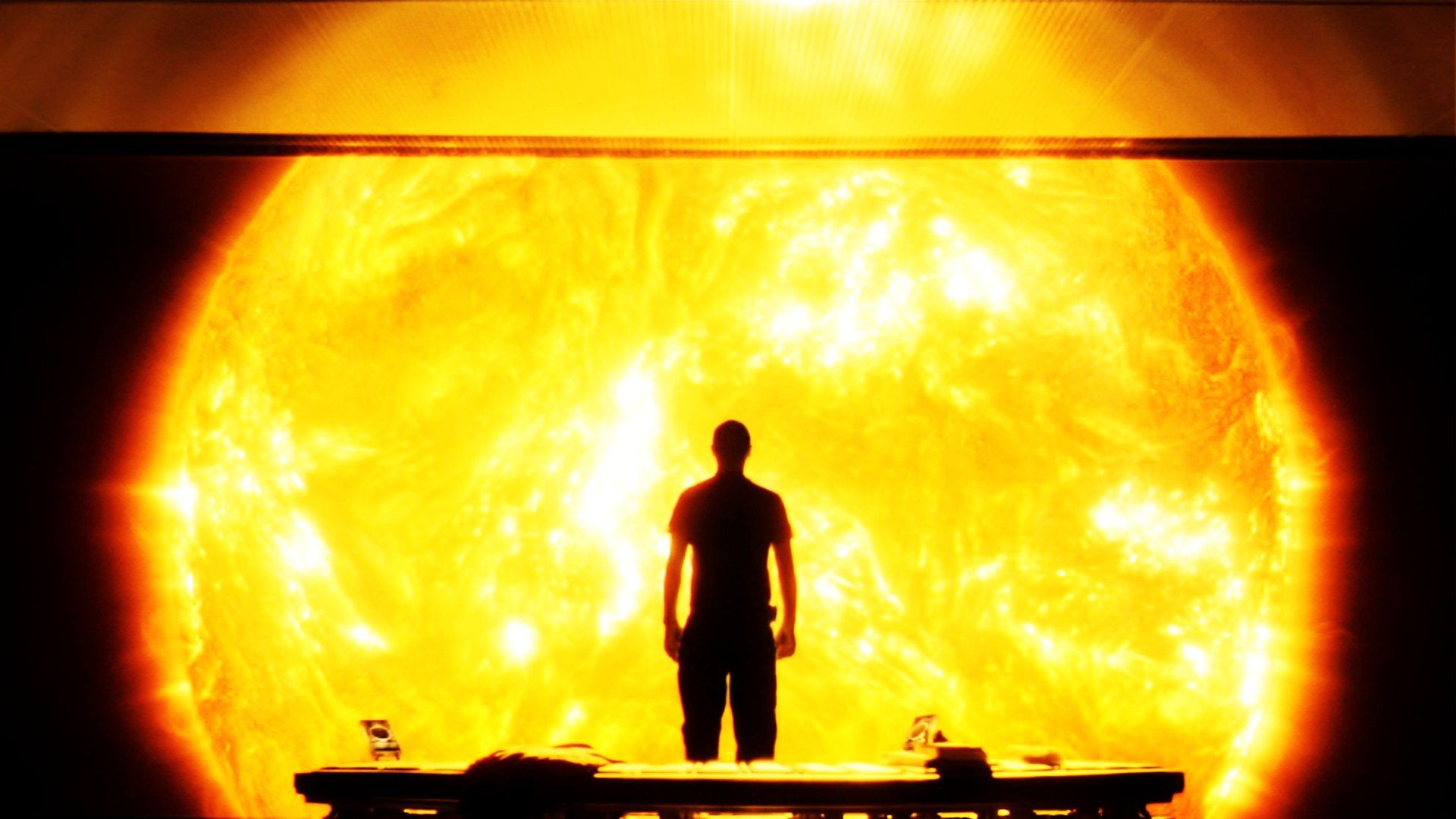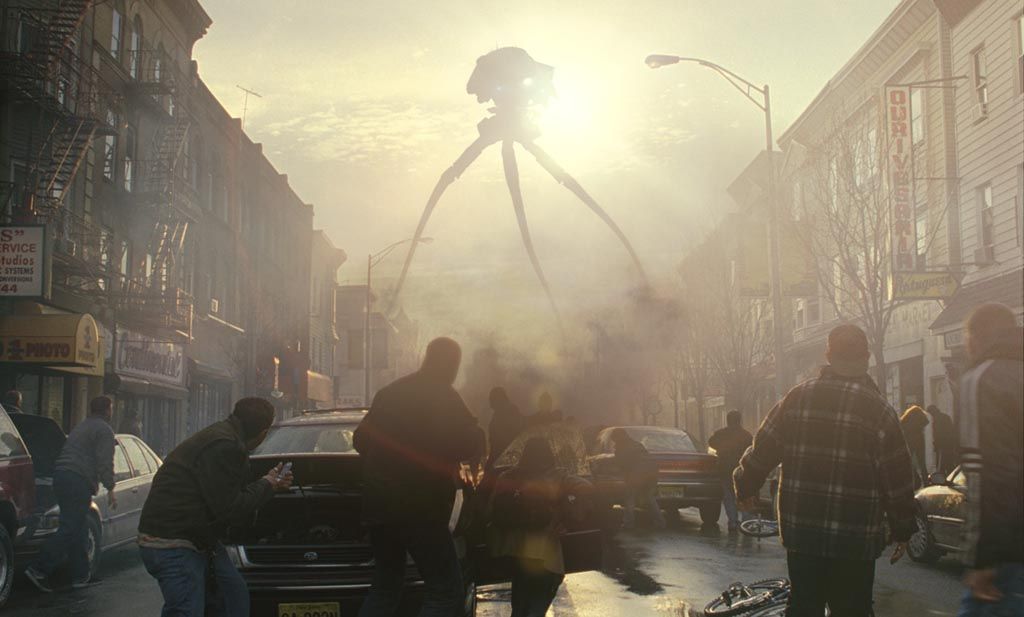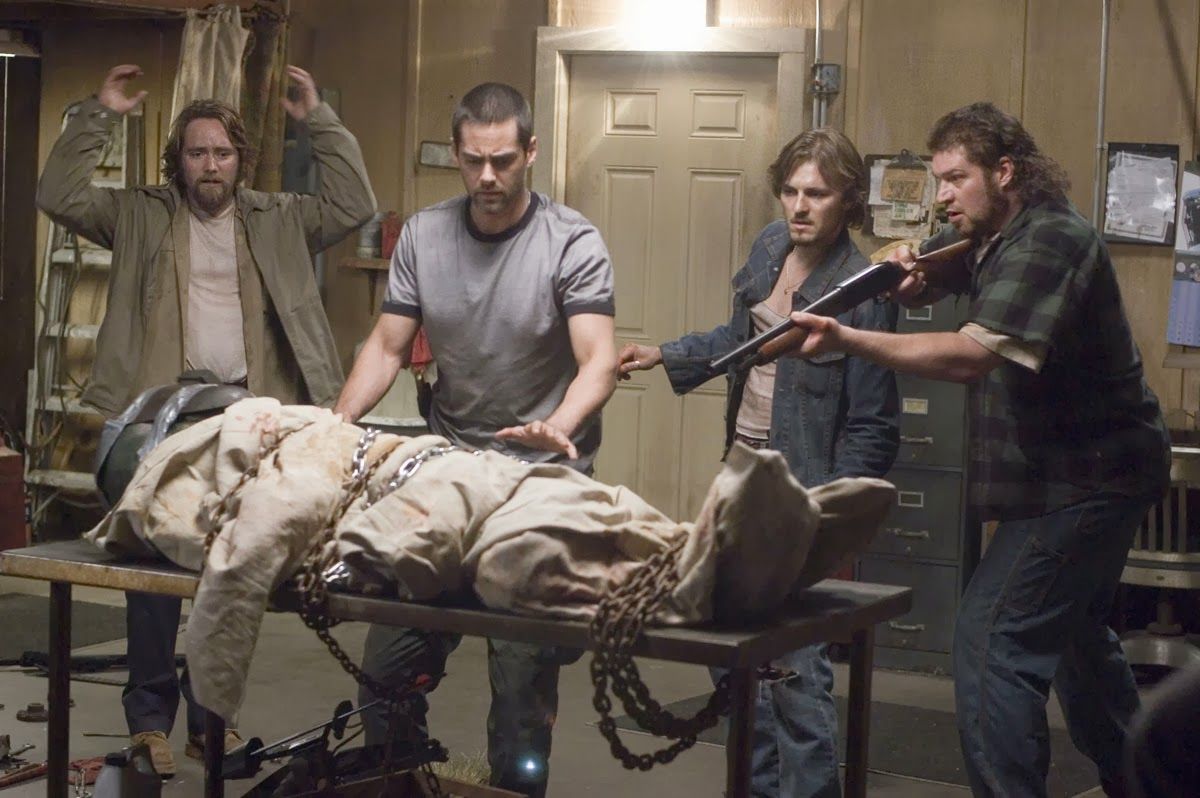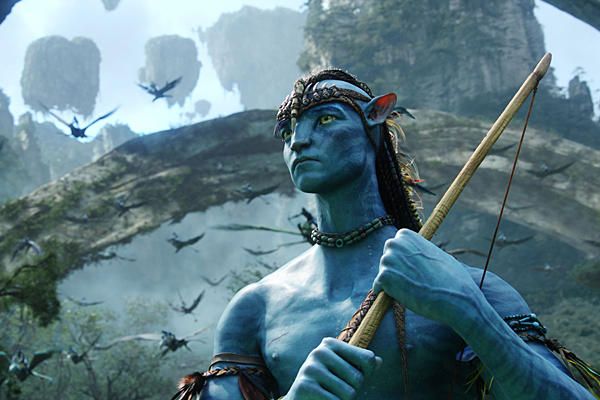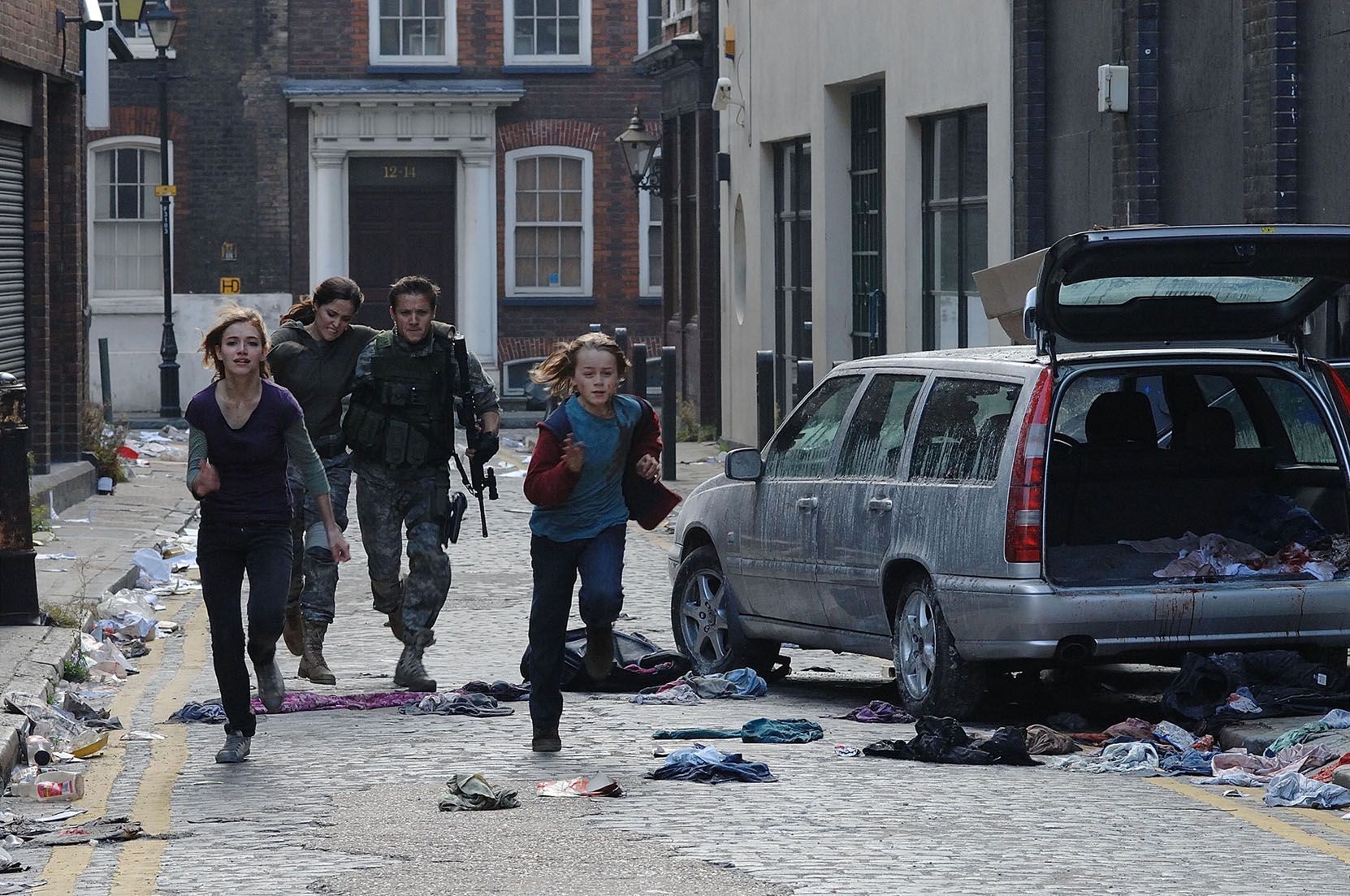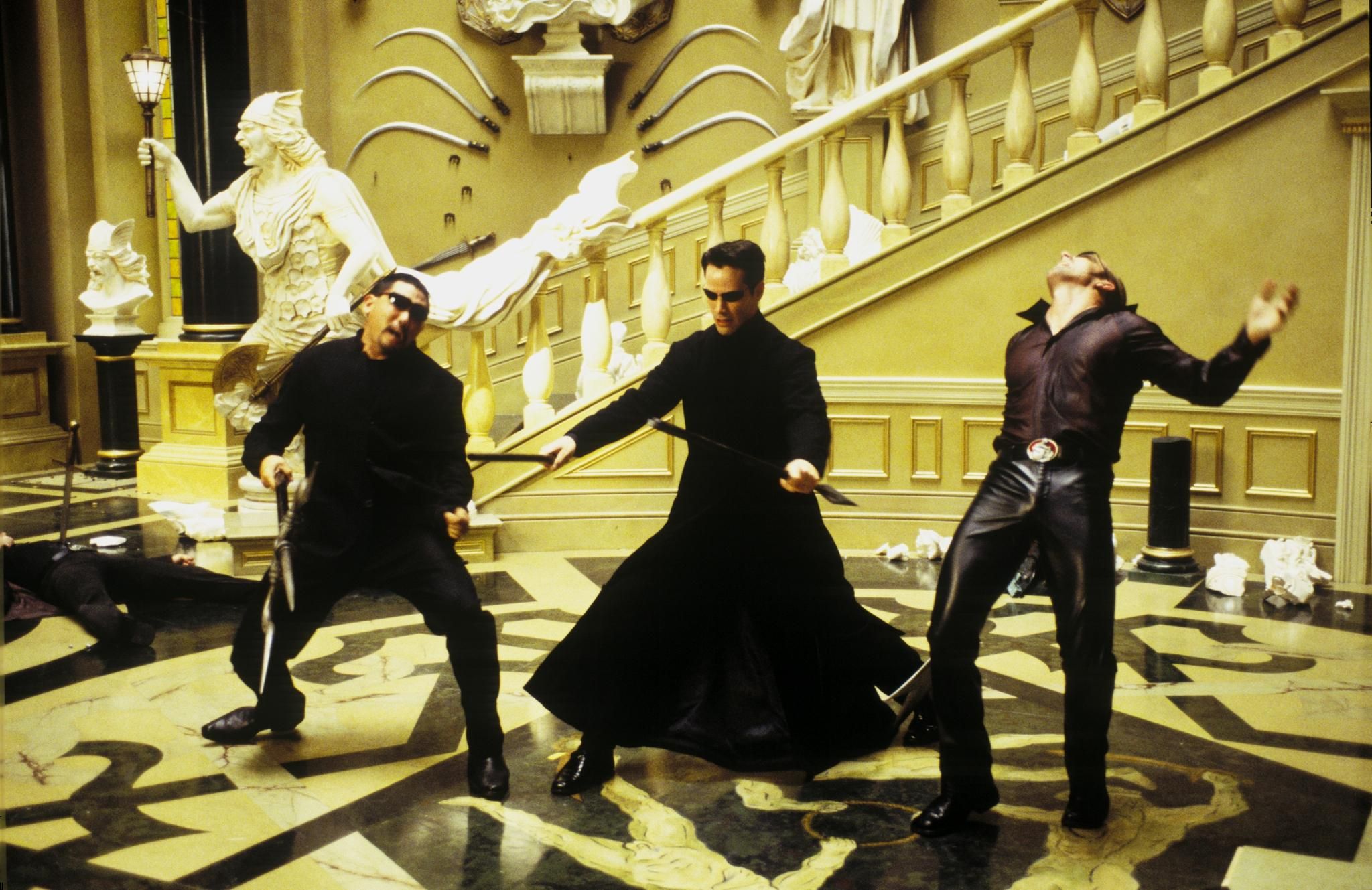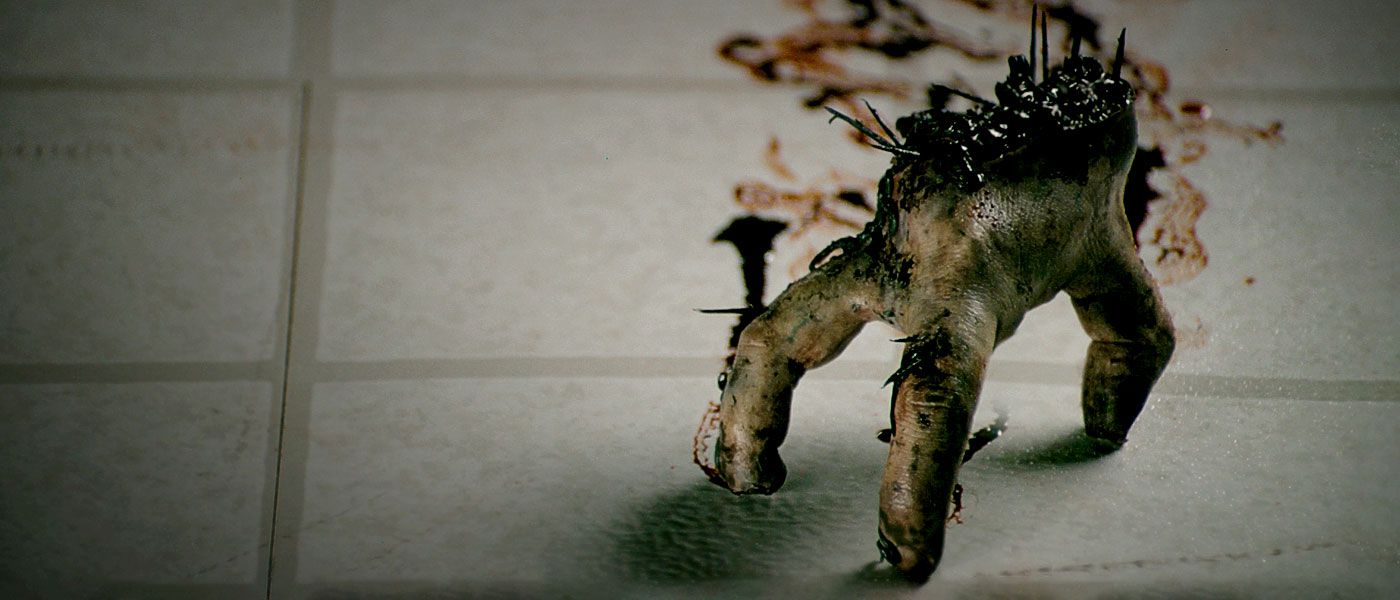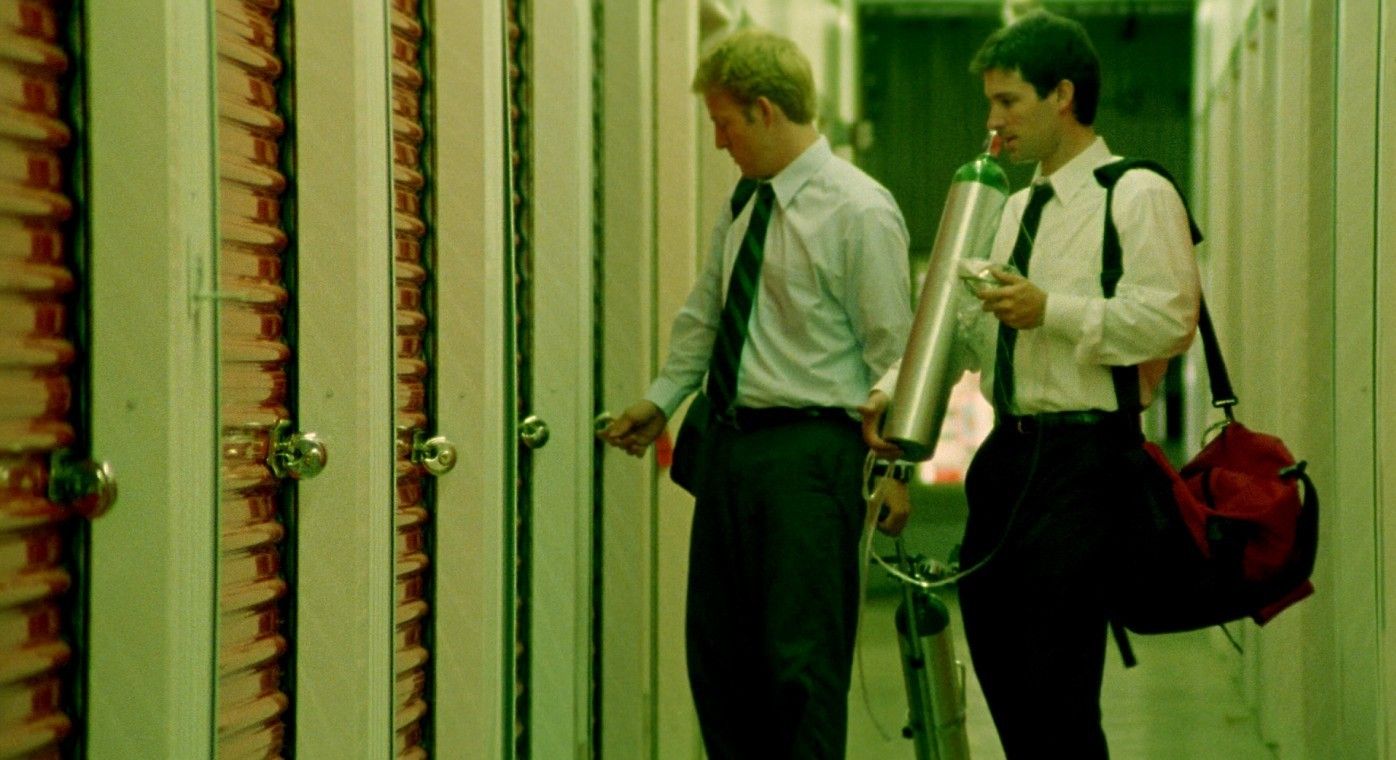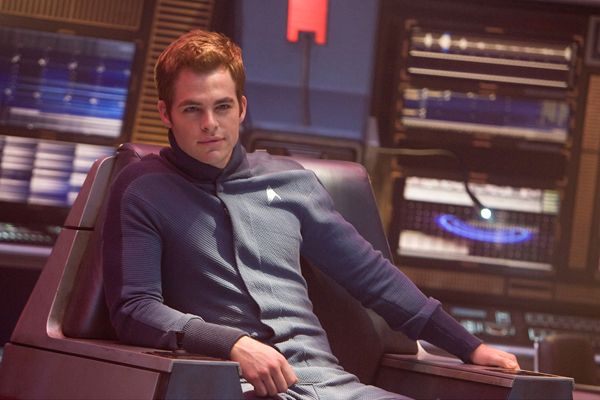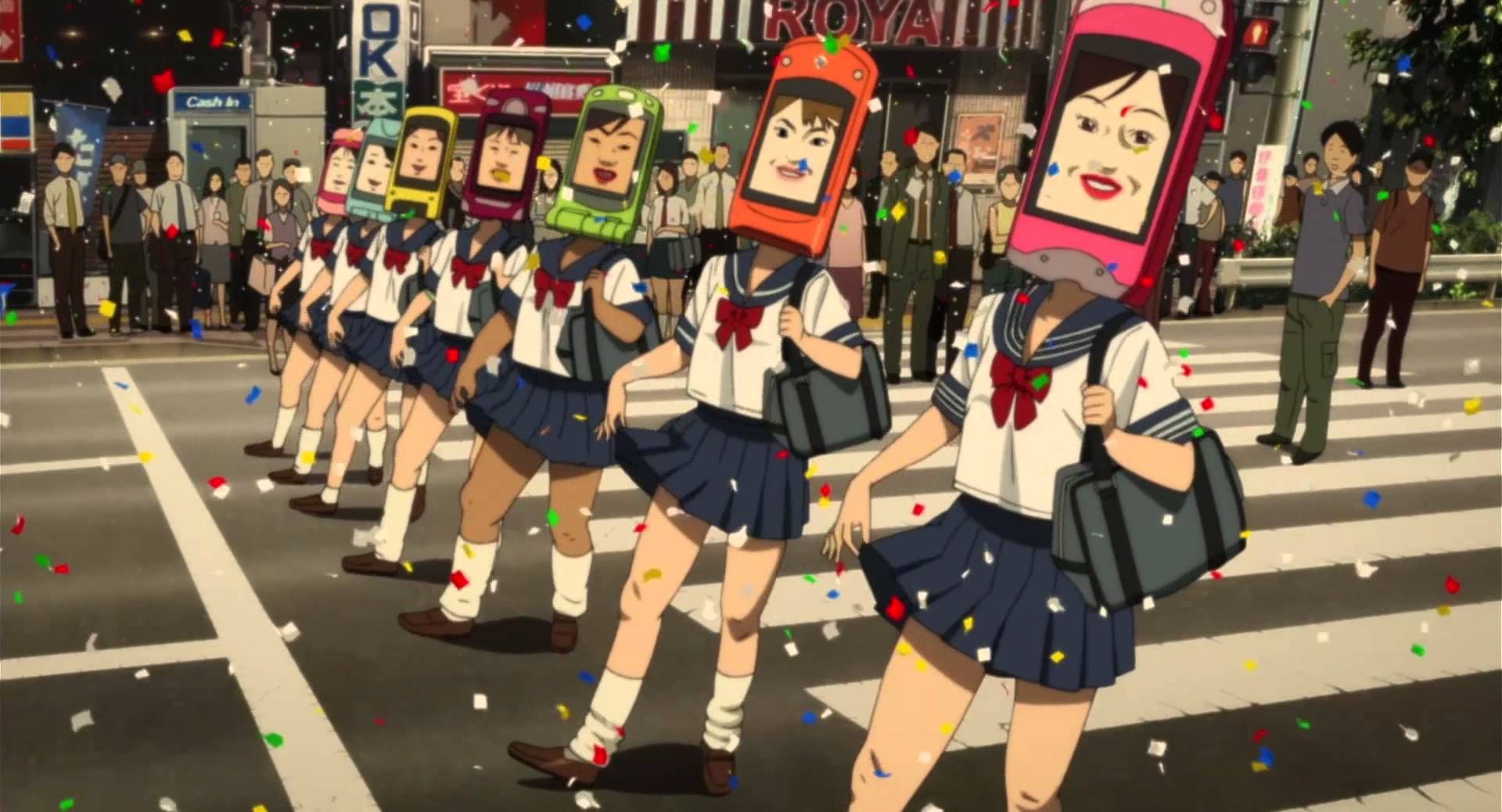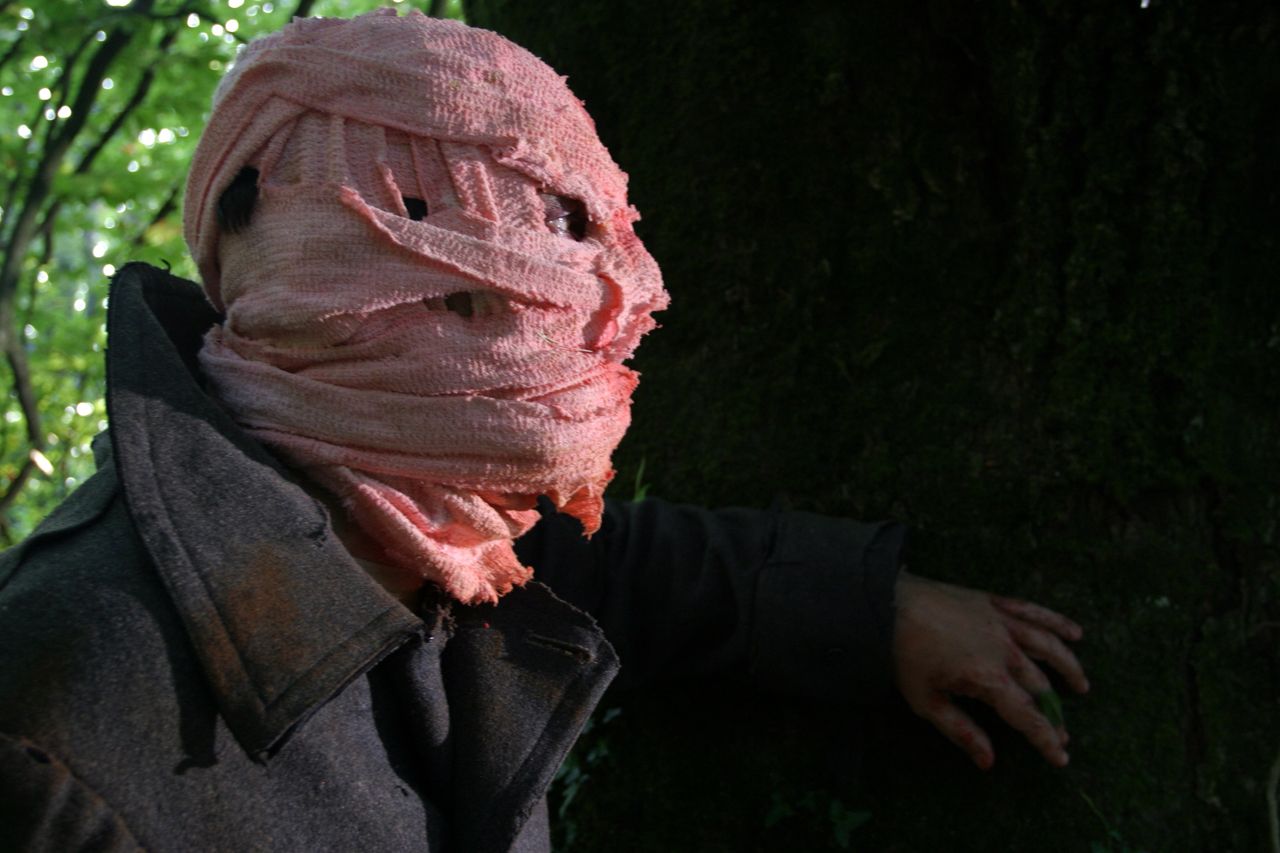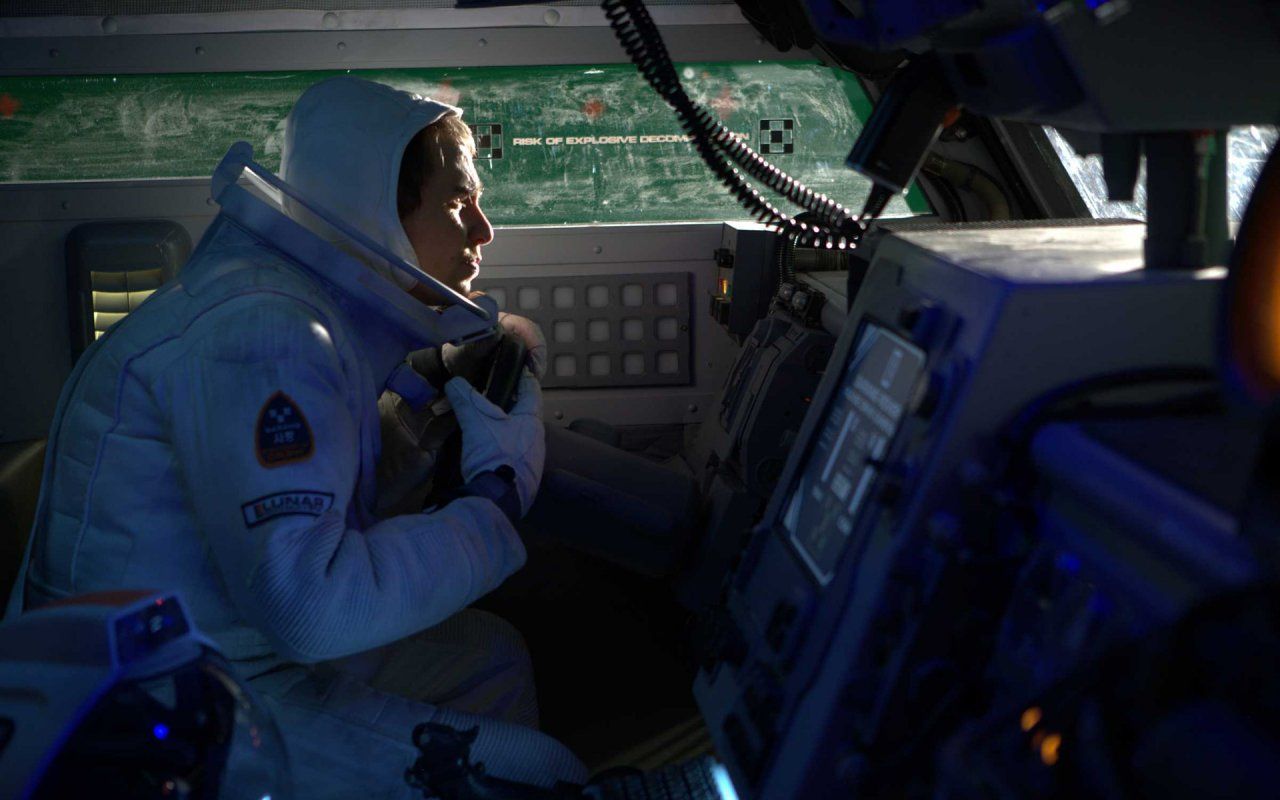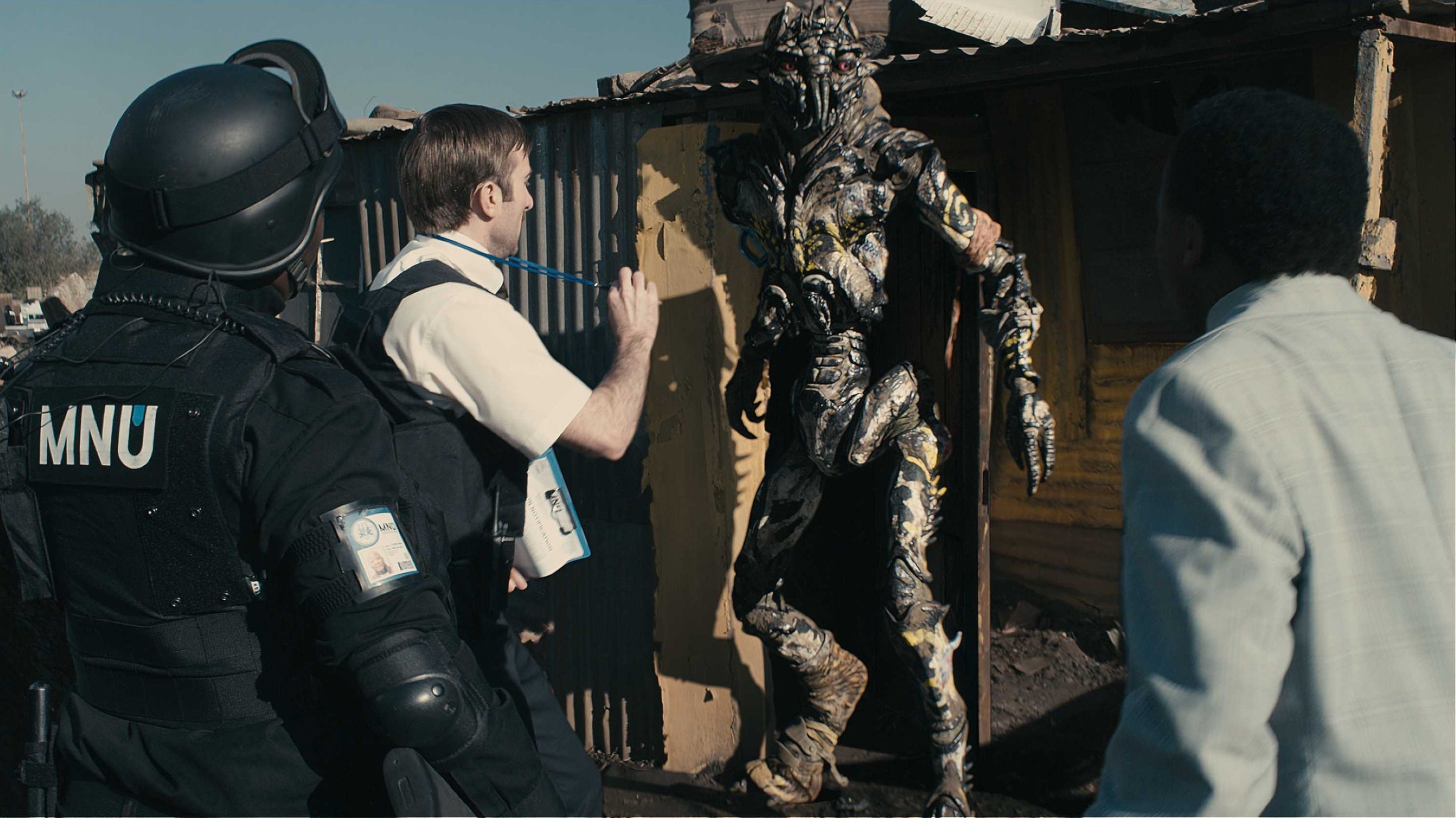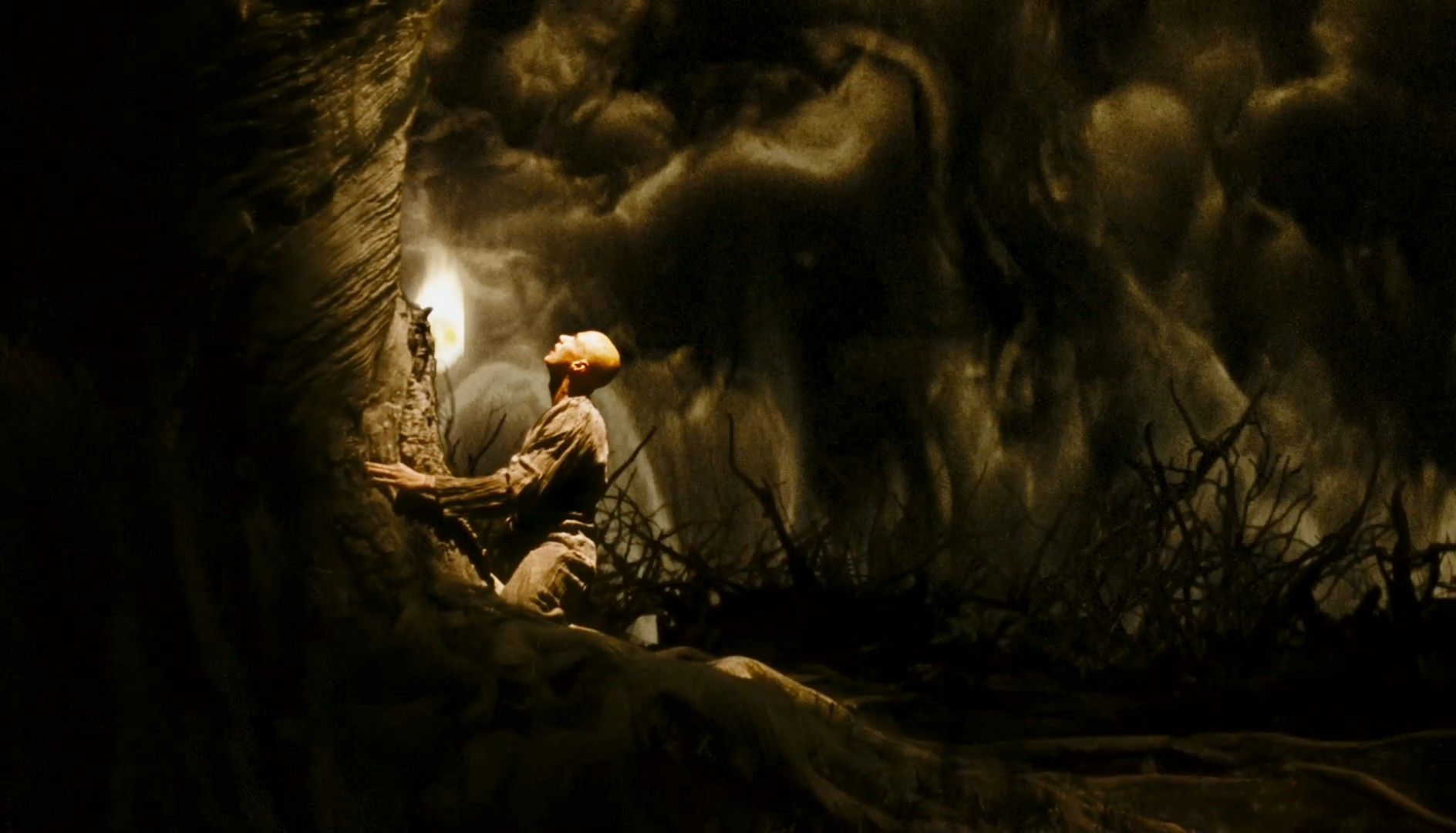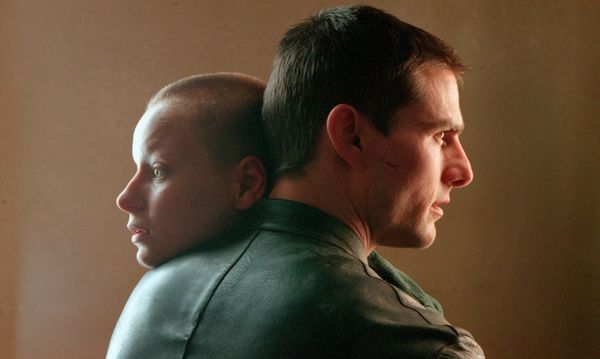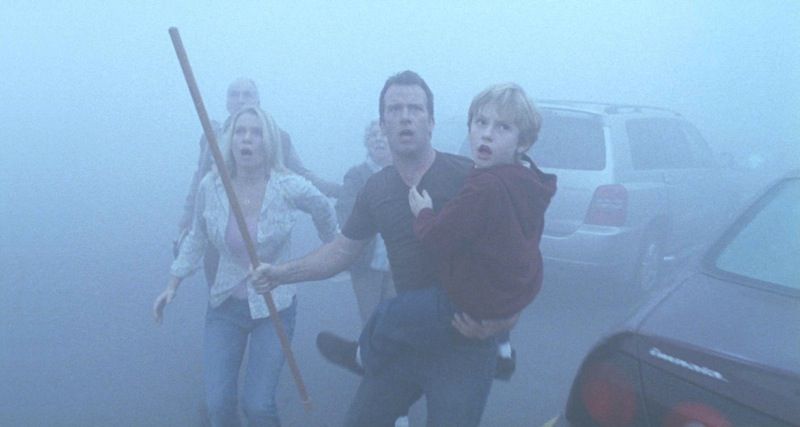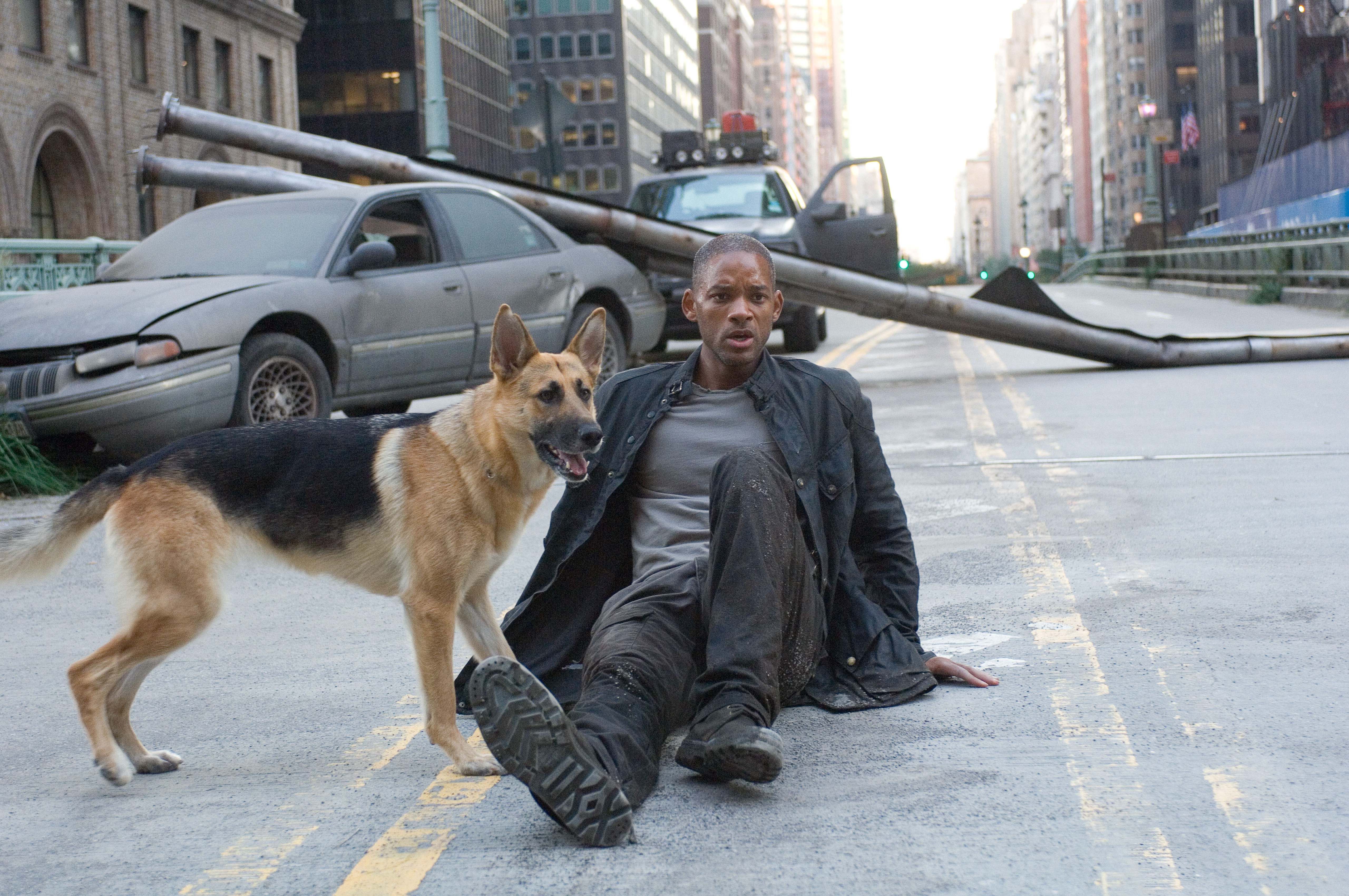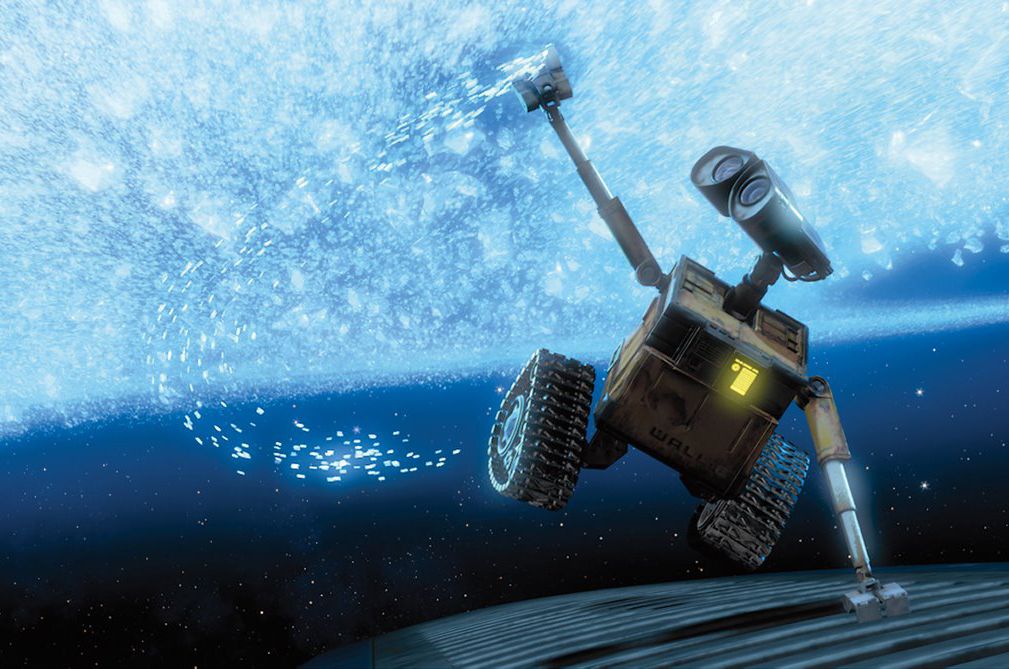The science-fiction feature film genre has been around for decades, but it went through a curious evolution in the 2000s that gave us some of the best sci-fi films ever made. Coming right on the heels of the internet’s ascension and the rise of the digital age, new technologies opened up a world of possibilities for filmmakers venturing into the sci-fi genre throughout the 2000s. From 2000 through 2009, audiences were glimpsing effects that were growing more realistic on an exponential level, fittingly climaxing with the groundbreaking Avatar to close out the decade. But while technology gave filmmakers more possibilities to make things bigger, better, and flashier, the best films of the genre throughout the 2000s used the technology as a tool, not a crutch, and some of the lower-tech sci-fi films ended up being some of the best.
As we now live in a world where the sci-fi genre is evolving at an impressive rate, we thought it prudent to take a look back and curate a list of the best sci-fi films of the 2000s. Collider’s own Adam Chitwood and Haleigh Foutch settled on a total of 25 sci-fi films that deserve this moniker, so settle in and take a peek at their selections and explanations.
But first, a note: the superhero genre could technically fit inside the sci-fi genre, but we made the conscious decision to not include superhero films in the making of this particular list, as those films could make up a list all their own. So before you start complaining about us leaving out Spider-Man or X2, know that these films were “disqualified” from consideration.
Sunshine (2007)
Despite the fact that he's an Oscar-winning director with multiple cult classics, Danny Boyle often feels like an underrated filmmaker. Time and time again he has proved that he can conquer diverse subject matters and genres with his signature style and panache, and Sunshine is perhaps his most egregiously undervalued work. It's all, of course, to do with that unfortunate third act twist, which spins what begins as excellently articulated hard-sci-fi-meets-blockbuster film into a flashy slasher pic, but nonetheless Sunshine is a triumph of the genre. As always, Boyle is working with a first-rate cast including Rose Byrne, Cillian Murphy, Michelle Yeoh, Cliff Curtis, Benedict Wong, Hiroyuki Sanada, and Chris Evans (in the first pre-Captain America role that really gave him credit for his talent). And he puts them to great use in a pulse-pounding, legitimately science-based science fiction for adults that was ever so slightly ahead of its time. Somewhat of a precursor to hyper-realistic space sagas like Gravity, Inception, and The Martian, Sunshine takes the utmost care to endow its characters and circumstances with believability and heft that makes each minute piano-wire taught. The greatest strength of that tension comes from the sequences that pit the expert crew against the frivolity of nature and the imperfection of human nature, and while the final act ultimately undermines some of the peak sci-fi that elevates the bulk of the film, it's still a remarkable achievement that helped chart the course for the future of big-budget sci-fi. -- Haleigh Foutch
War of the Worlds (2005)
While the second collaboration between Steven Spielberg and Tom Cruise was also a sci-fi film, War of the Worlds is far from the brainy-but-breezy neo-noir of Minority Report. Instead, this 2004 remake seized the opportunity to mimic the topical quality of many of the classic sci-fi films of the 50s and 60s by seizing on our nation’s post-9/11 fears, offering up one of Spielberg’s darkest films ever. The aliens are secondary in War of the Worlds, with Spielberg’s focus instead on showing the impact and aftermath of the invasion from a single point of view, Cruise’s Very Bad Father Ray. What follows is a harrowing sequence of events that largely mirrors the state of our nation in the immediate aftermath of 9/11—our confusion, our fear, our anger. Spielberg captures this perfectly, and Cruise is tremendous as a guy who doesn’t know how to be a father and who is left being “The Parent” during the worst day of everyone’s lives. Sure the aliens are a little uninteresting, but they were never the point. The best sci-fi seizes on some thematic resonance, some relevance to the world we live in, and that’s exactly where War of the Worlds shines. – Adam Chitwood
Altered (2006)
Altered is pure B-movie shlock, but it's got the goods. After, ahem, altering the course of the horror genre with the found footage progenitor The Blair Witch Project, director Eduardo Sanchez helmed this nasty little piece of sci-fi horror that pits a group of childhood friends against the vicious aliens that abducted them in their youth. With nary a name or face you're likely to recognize (unless you're still pissed at Parker Abrams for breaking Buffy's heart), Altered puts a spin on the alien abduction mythos when the men kidnap one of their childhood captors in an ill-advised mission of vengeance. Telepathic, strong, and technologically advanced, the alien race is so obviously superior in every way, and the friends begin paying for their deadly arrogance straight away as the gruesome fallout reveals more and more of the alien race's offensive strengths. The performances are pulpy and the dialogue earns more than a few cringes, but once you get pulled in, Sanchez makes the most of his limited means with brutal, visceral set-pieces and effects that absolutely hold up when they need to the most. An oft-forgotten low-budget gem, Altered will get your stomach churning with consistently creative extraterrestrial kills that will stick with you long after the credits roll. -- Haleigh Foutch
Avatar (2009)
So we kind of debated including Avatar on this list given that neither myself nor Haleigh actually like this movie, but the film’s technological and box office achievements cannot be denied—like it or not, Avatar is a significant film in the annals of sci-fi history. Writer/director James Cameron’s epic hinges on archetypes and familiar story structure to guide audiences through adventures on the world of Pandora, with Avatar debuting the first use of new motion capture techniques to bring the actors’ performances to life in CG like never before. Avatar is also the film that really kicked the 3D trend off the ground, bringing about a resurgence for the format and an excuse for studios to charge higher ticket prices on any and all blockbusters going forward. While we await what Cameron has in store for us with four additional Avatar movies, his 2009 film remains the highest grossing film in history (worldwide), an undoubtedly stunning visual achievement, and yes, a cornerstone of the sci-fi genre as a whole. – Adam Chitwood
28 Weeks Later (2007)
While 28 Days Later is arguably the superior film (though Weeks is one of the few sequels that gives the original a run for its money), it has no interest in the virus beyond that of a plot point. Conversely, the sequel leans into the sci-if over the horror in a film built around the military effort to rebuild British society after the rage virus has been contained and the subsequent resurgence of the very same virus thanks to an immune carrier. A somewhat more conventional spin on the zombie/viral apocalypse genre, 28 Weeks Later gives us the outbreak the first film skipped, along with the ruthless and desperate government attempts at containment. Bolstered by an outstanding cast including Rose Byrne, Idris Elba, Jeremy Renner, Robert Carlyle, and Imogen Poots, 28 Weeks Later was a hell of an English-language debut for director Juan Carlos Fresnadillo, who confidently kept the film in line with the stylistic approach Danny Boyle established in the original while putting his own spin on the material, and stands out as one of the best viral films of the decade. -- Haleigh Foutch
The Matrix Reloaded (2003)
Okay, so The Matrix Revolutions is kind of a disaster, but The Matrix Reloaded gets unfairly roped into how the Wachowski siblings chose to wrap up their sci-fi trilogy when in fact it’s a pretty terrific piece of filmmaking in and of itself. The Matrix is pretty much a perfect movie, and while Reloaded falls short of being as satisfying as its predecessor, the expansion of the world is ambitiously awe-inspiring, with the Wachowskis pushing the limits of cinematic language. The highway chase sequence alone is enough to qualify it as a candidate for this particular list, but the precision with which the entire film is crafted—with cerebral twists and turns galore anchored by a swell Keanu Reeves performance—solidify it as one of the best sci-fi films of the 2000s. – Adam Chitwood
Splinter (2008)
A descendent of The Thing's lineage, Splinter is your classic practically-scripted limited-location starter film with an extra edge thanks to first-time director Toby Wilkins background in visual effects and a scene-stealing performance from Shea Whigham, who somehow still hasn't become the industry-leading name his talent deserves . Set almost entirely in a gas station, Splinter follows a believably worn-in-but-still-in-love couple Polly and Seth (Jill Wagner and Paulo Costanzo) who are taken hostage by a pair of deadly fugitives (Whigham and Rachel Kerbs). When they stop at a gas station, the group is besieged by an amorphous, infectious organism that inhabits and reconfigures the bodies of its victims into grotesque malformities. The concept is lean and elegant, and its executed beautifully, but the film's greatest strength the faith it has in its characters, who are given the opportunity to defy expectation at every turn. Splinter gleefully plays against gender tropes, introducing Polly as the tough, outdoorsy type in contrast to Seth's reticent intellectualism, and celebrates the individual strengths that come with those traits. Meanwhile, Whigham's Dennis Farrell, who is introduced as a violent antagonist, ultimately becomes the film's standout character. It's the type of movie that regularly turns up on "The Best Movies You Haven't Seen" lists and the kind of directorial debut that makes you sad Wilkins hasn't turned out another original film since. -- Haleigh Foutch
Donnie Darko (2001)
Does a film need to make sense in order for it to be great? Donnie Darko put this notion to the test, as writer/director Richard Kelly’s mindbending sci-fi drama quickly became a movie you just had to see shortly after its release in 2001. What did it all mean? What, specifically, was that Abyss-looking thing? Are we to take the entire film literally? These questions and more racked the brains of those who dove headfirst into the cult of Donnie Darko, and the concurrent rise of the internet age allowed the conversation to continue online, as websites and chat rooms popped up purporting to explain (or hash out) what Donnie Darko was all about. In the end, the mystery is more satisfying than the answer, and Jake Gyllenhaal announced himself as a serious talent to watch as he anchored Darko with an intense watchability factor that was a sign of great things to come. Just steer clear of the director’s cut. – Adam Chitwood
Primer (2004)
"Man, are you hungry? I haven't eaten since later this afternoon." Primer is a piece of low-budget brilliance. Arguably the most complex time travel movie of all time, Primer is initially confounding and ultimately rewarding. Shane Carruth's directorial debut was famously filmed on a budget of $7000 before going on to win the Sundance Grand Jury Prize and a standing status as a beloved cult film. Straight up, Primer takes work to understand and is nearly indecipherable on a first watch. Carruth gives the ultimate credit to his audience, assuming their intelligence, and never once explains the events of the film, which follows two friends who inadvertently invent a time machine. But this isn't any old time machine that can travel willy-nilly to whatever period the user desires. Time travel in Primer has rules, a lot of them, and it doesn't subscribe to the old Butterfly Effect, "if you kill your grandfather before you were born you cease to exist" axiom. Which means there can be a lot of different incarnations of a single character with any given timeline, and that's where Primer gets really tricky...and downright ingenious. There are pages and pages, and scholarly papers, and charts a-plenty detailing exactly what happens in Primer, but if you haven't seen it, do yourself a favor and go in blind first. Watch in earnest, surmise what you can, then enjoy the experience of realizing just how much you missed. Then watch it again, because really, you won't be able to help yourself. -- Haleigh Foutch
Star Trek (2009)
Rebooting Star Trek as a feature film was an almost sacrilegious prospect in the late 2000s, but director J.J. Abrams’ tremendously entertaining redo is a triumph. The film solves the problem of undoing the canonical history of characters everyone loves with a brilliant spin on time travel, creating this alternate timeline, and this is the film on which Abrams’ skills as a filmmaker truly flourished. This movie is an absolute blast from start to finish, and while it could be argued that Abrams made a Star Wars film instead of a Star Trek film, his command of the camera and visual acumen really make this thing stand out as a memorable and visceral sci-fi thrill ride. This is what summer blockbusters should be, and while there’s a bit less brains in Trek ’09 than some may had hoped, it’s a swell trip regardless. – Adam Chitwood
Paprika (2006)
While Inception is considered by many as the Mac Daddy of dreamscape movies, Paprika did it first (and arguably better). Directed by the late Satoshi Kon, Paprika is set in a fictional Japan where a new device, known as the DC Mini, allows therapists to enter the dreams of their patients. When the device is stolen, all hell breaks loose, and only the young therapist Chiba's in-dream alter ego Paprika can fix it. Thanks to its animated format, Paprika gets to dive full-in on the dream logic, capturing that surreal ambiance of ever-evolving nonsensical narrative as the lines between reality and fantasy blur. The animation itself is absolutely gorgeous, bursting with vibrant color and ornate detail, giving the dazzling mind-trip a singular aesthetic. There is perhaps nothing harder to pin down than the ephemeral logic of dreams, but Paprika manages to not only nail that experience, but insert it into a riveting plot. -- Haleigh Foutch
Timecrimes (2007)
Unlike my earlier time travel entry Primer, Timecrimes is all about causality. The events in Timecrimes happen because the events in Timecrimes happen. Once you get past that logically baffling set up, Timecrimes delivers a bounty of causal loop time travel deliciousness. The film follows Hector (Karra Elejalde), an everyman who, spying out into the woods, glimpses a nude young woman in the distance. After his wife heads out, he sees possible signs of distress and ventures out to investigate, eventually happening upon a time machine that sets him on a deadly course. Well executed time loop movies are always a delightful puzzle (sadly the excellent Triangle doesn't quite count as sci-fi for this list), and director/writer/co-star Nacho Viganlondo concocted a tight time travel thriller that finds its protagonist caught in a web of his own design...and perhaps most importantly in these kinds of entertainment-centric mind-benders, ultimately finds a satisfying resolution. -- Haleigh Foutch
Moon (2009)
While the 90s were dominated by disaster pics and explosion-laden blockbusters, as technology advanced throughout the 2000s, the most consistently good sci-fi films tended to be ones that erred on the side of low-tech. Such is the case with Moon, the feature directorial debut of Duncan Jones that stars Sam Rockwell as an astronaut working alone on the moon who may or may not uncover something fishy going on. Moon looks better than 90% of the sci-fi films release in 2009 and was made for a fraction of the budget. But while the impressive visuals standout, it’s Jones’ unique, Stanley Kubrick-esque story and Rockwell’s possessed performance that endure. Twists and turns abound in the film, and you find yourself second-guessing what you thought you knew with each revelation. It’s a tightly wound thriller with a crackerjack lead performance (one of the only performances as Rockwell is alone for most of the screentime), and it announced Jones as a serious talent to watch. – Adam Chitwood
District 9 (2009)
While filmmaker Neill Blomkamp has yet to match the heights of his debut feature, District 9 still stands tall as an astounding directorial debut. The film boasts the best aspects of the sci-fi genre in marrying incredible visual spectacle/effects with a socially relevant premise, as Blomkamp contextualizes the internment of an alien species in South Africa as a metaphor for apartheid. Moreover, the visual execution of the film is terrific—it begins in mockumentary style and then slowly begins to morph into a traditional cinematic point of view, but the transition is so graceful the audience is blissfully unaware, allowing them to become fully enraptured in the thrills of the movie’s third act. And that’s not to mention a breakout lead performance by Sharlto Copley, with Blomkamp essentially framing an entire movie with a hero akin to The Office’s David Brent. The result? Four Oscar nominations, including Best Picture. Blomkamp burst out of the gate with ambition to spare, and while his follow-up films have paled in comparison, District 9 remains a spectacular film.
The Fountain (2006)
Darren Aronofsky is a visionary director, so it's no surprise that his sci-fi fantasy epic The Fountain is stunning and engrossing, if occasionally somewhat alienating. Set across three disparate timelines, The Fountain follows Hugh Jackman's Tomas/Tommy/Tom in his centuries-long devotion to the various incarnations of Rachel Weisz -- as a subject to his queen, a man to his beloved, and a disciple to his (tree) idol. Thematically rich and consummately gorgeous, The Fountain embarks on an ambitious narrative that transcends space and time in pursuit of lofty ideations of love, fate, and the fabric of the universe. Fittingly, Aronofsky concocted an organic approach to the film's effects, using high-speed microscope images and macrophotography to visualize the cosmic images of life and expanses of the universe. The result is unequivocally breathtaking, an intricate dance of shape and light that makes the somewhat impenetrable storyline infinitely watchable. We expect nothing less from a director like Aronofsky but, even so, The Fountain is still a remarkable piece of craftsmanship. -- Haleigh Foutch
Minority Report (2002)
It’s hard to believe that it took this long for Steven Spielberg and Tom Cruise to work together, but boy does Minority Report make it worth the wait. This is Spielberg’s first full foray into neo-noir territory, as the story of a man on the run, a muddy crime mystery, and an emotional broken family tale converge into a whip-smart summer blockbuster. This is one of the most purely entertaining films Spielberg has ever made, but Scott Frank and Jon Cohen’s script never shies away from the moral ramifications of arresting people for crimes they haven’t yet committed, and Spielberg goes one further and treats the pre-cogs themselves with tremendous empathy. Janusz Kaminski’s dirty, dreamlike cinematography gives everything a grounded sheen, all the while Spielberg is having a blast with the prospect of future tech at his disposal. Minority Report is the rare sci-fi blockbuster that doesn’t forsake the heavy “sci-fi” aspect for simply wowing audiences with set pieces, but it also manages to entertain on a broad scale. That’s one hell of an accomplishment. – Adam Chitwood
The Mist (2007)
While it's true that the most effective moments of horror in The Mist stem from the actions of its human characters, it's also true that giant monster bugs are legit freaky. As are all the biological terrors that come with them. Featuring stunning creature designs from the great Bernie Wrightson (which were sadly executed with subpar 2007 era CGI); corrosive projectiles, toxic stingers, and the classic human-incubated egg sacs all make an appearance to grand effect, and while the otherworldy terrors of the insectoid scourge make for plenty of thrills, The Mist -- like all great sci-fi films -- is a classical, character-driven story through the lens of pulp genre. The characters are robust, remarkably filled-out through a tremendous cast (a number of whom would go on to Walking Dead fame), and are shown a level of dedication both in the writing and performance that is too often lacking in genre films. They are heroic, brave, cowardly, sinister -- they are easy to love or despise, and in some cases, both. Thanks to director Frank Darabont's confident hand, The Mist is a drive-in B-movie treated with utmost respect, and that unique high-meets-low-brow sensibility makes it a true one of a kind. - Haleigh Foutch
AI: Artificial Intelligence (2001)
The 2000s saw filmmaker Steven Spielberg move in a number of directions, but he kicked the decade off with one of his most divisive efforts: A.I. Artificial Intelligence. Spielberg and Stanley Kubrick had been talking about A.I. for years before Kubrick’s untimely death finally spurred Spielberg into action, and the result is a twisted dark fairy tale about playing God. Of course what makes A.I. so good is that Spielberg doesn’t just tackle the adverse ramifications of artificial intelligence, and in focusing on the viewpoint of the robots themselves, we see our own failings as human beings. And then Spielberg throws in one of his most emotionally devastating characters in David, played to perfection by Haley Joel Osment, to top it all off. A.I. is truly one of Spielberg’s most ambitious efforts, but his deep investment in both the moral and emotional ramifications of the titular subject are what make A.I. really special. – Adam Chitwood
I Am Legend (2007)
Thanks to an unfortunate theatrical ending and egregious digital effects, I Am Legend doesn't get the credit it's owed. Director Francis Lawrence, who deserved a lot more love for Constantine, has never transcended the tremendous properties he's adapted (though his work on The Hunger Games franchise finally earned him his due recognition), and I Am Legend is another example of his adaptation work that fell short of its worthy acclaim. Full stop, the test-audience approved theatrical ending is subpar and a major disservice to Richard Matheson's iconic novel. But when viewed with the intended original ending, I Am Legend is a worthy adaptation built on the kind of charismatic but empathetic leading man performance that made Will Smith one of the last true movie stars. With Lawrence's original vision in tact, I Am Legend confronts the ethical implications of scientific advancement with an unflinching humanity. Lawrence once again reaffirms his keen eye for story-specific set pieces with the Times Square hunting sequence and the infamous, emotionally devastating scene with Sam, the German Shepard. We all love Omega Man, but Matheson's genre formative novel has yet to get the page-perfect adaptation fans crave, but with the original ending, I Am Legend nails the spirit of the book while delivering the high-concept thrills. If only they used makeup and actors instead of gelatinous looking monsters... -- Haleigh Foutch
WALL-E (2008)
Leave it to the wizards at Pixar to craft one of the best sci-fi movies ever made. Director Andrew Stanton’s WALL-E is a masterpiece, and I’ll hear none of this “It’s only good for the first 20 minutes” nonsense. Indeed the film does open with a truly unforgettable first act, which plays out like a silent film therefore making Stanton and Co.’s artistry that much more impressive, but once the titular robot makes the trek to outer space, the film continues to shine thanks to its beating romantic heart. While sci-fi is WALL-E’s genre, romance is its ambition, and boy does this thing soar. The relationship between WALL-E and EVE is genuinely heartfelt, the romantic tension palpable—which, again, is some kind of dark magic given that this is an animated feature revolving around two robots who don’t speak actual words. Stanton threads a thematic resonance to our world today when it comes to humanity’s dangerous drive to make life easier and easier, but WALL-E simply doesn’t work if you don’t care about WALL-E. And you do. You really, really do. – Adam Chitwood


